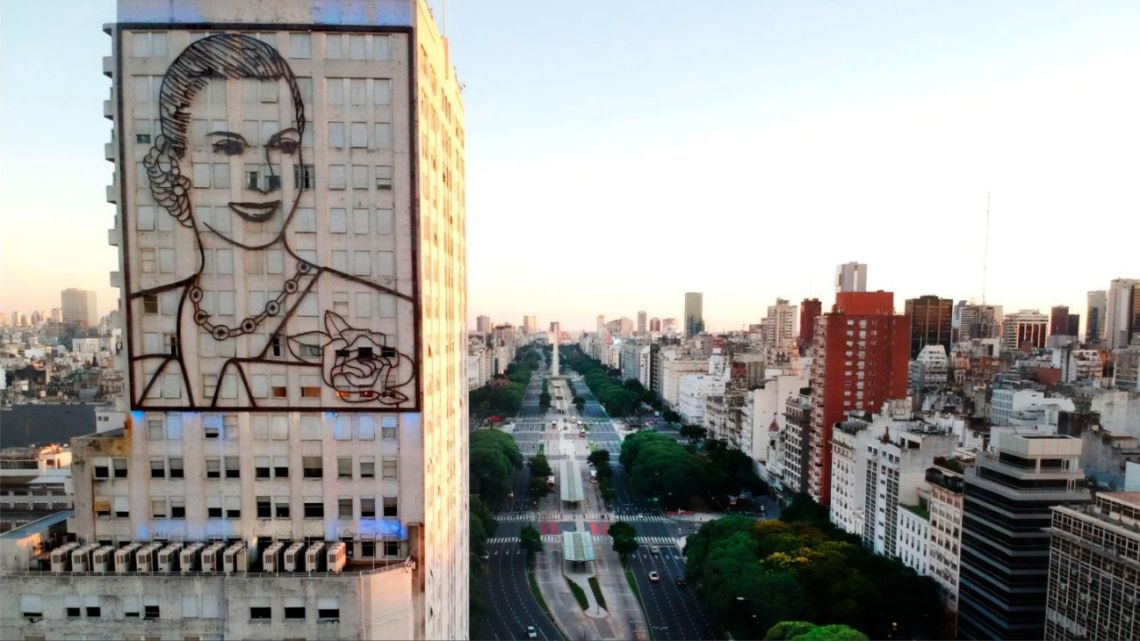Professor Ibrahim Gambari’s recent address at the Realnews Conference in Lagos highlighted Africa’s precarious position in a rapidly shifting global order.
The former UN Under-Secretary-General warned of a brewing new Cold War, threatening to divide African nations along geopolitical lines.
Gambari emphasized the growing militarization of global powers, with investments spanning advanced weaponry, space, and cyberspace.
Africa, rich in resources and strategically located, has become a key battleground in this power struggle. Foreign military bases are proliferating across the continent.
These bases serve not only security interests but also function as platforms for controlling Africa’s natural wealth and arable land. This represents a modern echo of colonial ambitions.
 Power Struggles in Africa: How Global Forces Are Dividing the Continent. (Photo Internet reproduction)
Power Struggles in Africa: How Global Forces Are Dividing the Continent. (Photo Internet reproduction)A striking example is Djibouti, strategically located near the Red Sea. It hosts Camp Lemonnier, the United States’ only permanent base in Africa, alongside China’s first overseas military installation, established in 2017.
Africa’s Strategic Role in the Global Geopolitical Landscape
These bases symbolize a broader competition for influence, with other nations like France, Germany, India, and the UK expanding their military presence on the continent. China and Russia have emerged as central players in this geopolitical game.
Beijing’s infrastructure investments and debt relief aim to solidify political alliances, while Moscow provides weapons and military support to various regimes. Their growing influence underscores Africa’s increasing importance in global geopolitics.
Despite its challenges, Africa holds a significant demographic advantage with a young and growing population. Gambari stressed that this potential remains underutilized due to persistent economic struggles.
He criticized the economic policies of institutions like the IMF and World Bank, arguing they have failed to deliver meaningful prosperity, and called for African-led solutions to these problems.
The new Cold War also poses risks to Africa’s democratic progress. Authoritarian regimes are finding support from China and Russia, undermining decades of progress toward democratic governance.
Meanwhile, Western powers, focused on countering Chinese and Russian influence, may deprioritize governance reforms, further weakening democratic institutions.
Gambari urged African leaders to take a proactive role in shaping the emerging global order. He advocated leveraging Africa’s resources for sustainable development and investing in youth and innovation to secure the continent’s place in the global economy.

 By The Rio Times | Created at 2024-11-20 21:12:28 | Updated at 2024-11-22 03:13:13
1 day ago
By The Rio Times | Created at 2024-11-20 21:12:28 | Updated at 2024-11-22 03:13:13
1 day ago








